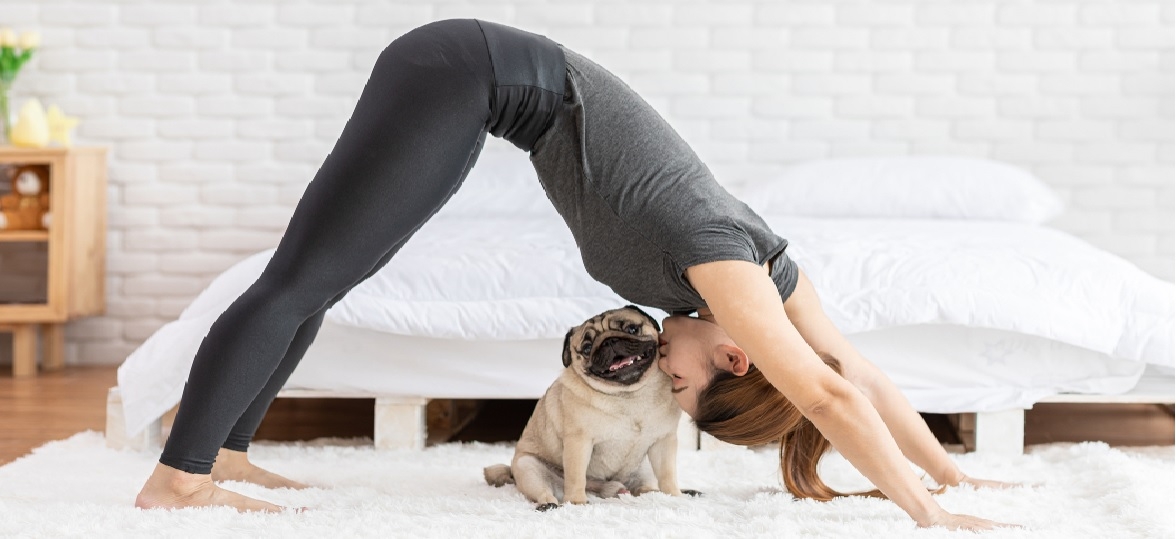A recent article aims to explore the question of whether exercise has an immunosuppressive or immunoenhancing function (1).
Many studies have investigated how exercise affects the immune system. Regular moderate intensity exercise (up to 45 minutes) is widely agreed to be beneficial for immunity, particularly in older adults and people with chronic diseases. Some argue that more arduous exercise can suppress immune function, leading to an “open-window” of heightened infection risk in the hours and days following exercise.
Physical fitness and moderate intensity exercise training have been shown to improve immune responses to vaccination, lower chronic low-grade inflammation, and improve various immune markers in several disease states including cancer, HIV, cardiovascular disease, diabetes, cognitive impairment and obesity (2–5).
On the other hand, arduous exercise sessions, as practiced by athletes and other high-performance personnel (e.g. the military), have been associated with suppressed mucosal and cellular immunity, increased symptoms of upper respiratory tract infections, latent viral reactivation and impaired immune responses to vaccine and novel antigens (6–9).
This body of research has resulted in the view in the field of exercise immunology that regular bouts of short-lasting (i.e. up to 45 minutes) moderate intensity exercise are “immunoenhancing” whereas repeated bouts of long-lasting (>2 hours) arduous intensity exercise can be “immunosuppressive” (10,11).
This current debate article seeks to find the areas of agreement and disagreement in the evidence (1).
It is agreed that:
- Regular bouts of moderate to vigorous intensity exercise are beneficial for the normal functioning of the immune system and likely help lower the risk of respiratory infection/illness. The frequent exchange of immune cells between the blood and the tissues with each session of moderate to vigorous intensity exercise likely contributes to enhanced immune surveillance, improved health and a lower risk of illness
- Infection susceptibility has a multifactorial basis. Factors such as stress, sleep, nutrition, circadian misalignment and infection/vaccination history could directly impact or contribute to impaired immunity and infection risk, particularly in situations when pathogen exposure is more likely
- More research is required to help unravel the immune modulating effects of exercise, with multiomics
 and immunometabolism
and immunometabolism  -based studies being pivotal to further our understanding
-based studies being pivotal to further our understanding
There is still disagreement on whether or not arduous exercise (i.e. activities practiced by high performance athletes/military personnel that greatly exceed recommended physical activity guidelines) results in greater susceptibility to illness/infection than the general population. It has been argued that infections are more likely to be linked to inadequate diet, psychological stress, insufficient sleep, travel and importantly, pathogen exposure at social gathering events like marathons -- rather than the act of exercising itself.
Take away on the effects of exercise on immunity
Staying fit, active and healthy is vital to the health of the immune system. In the short term, exercise can help the immune system find and deal with pathogens, and in the long term, regular exercise slows down changes that happen to the immune system with ageing, therefore reducing the risk of infections.
In the current environment of government guided social distancing and isolation, regular exercise within government guidelines will have a tremendously positive effect on our health and wellbeing, both today and for the future.
At this current time in particular, researchers underline the importance of maintaining good personal hygiene when exercising, including thoroughly washing hands following exercise. To give the body its best chance at fighting off infections, they suggest in addition to doing regular exercise, people need to pay attention to the amount of sleep they get and maintain a healthy diet that is energy balanced to account for energy that is used during exercise.





